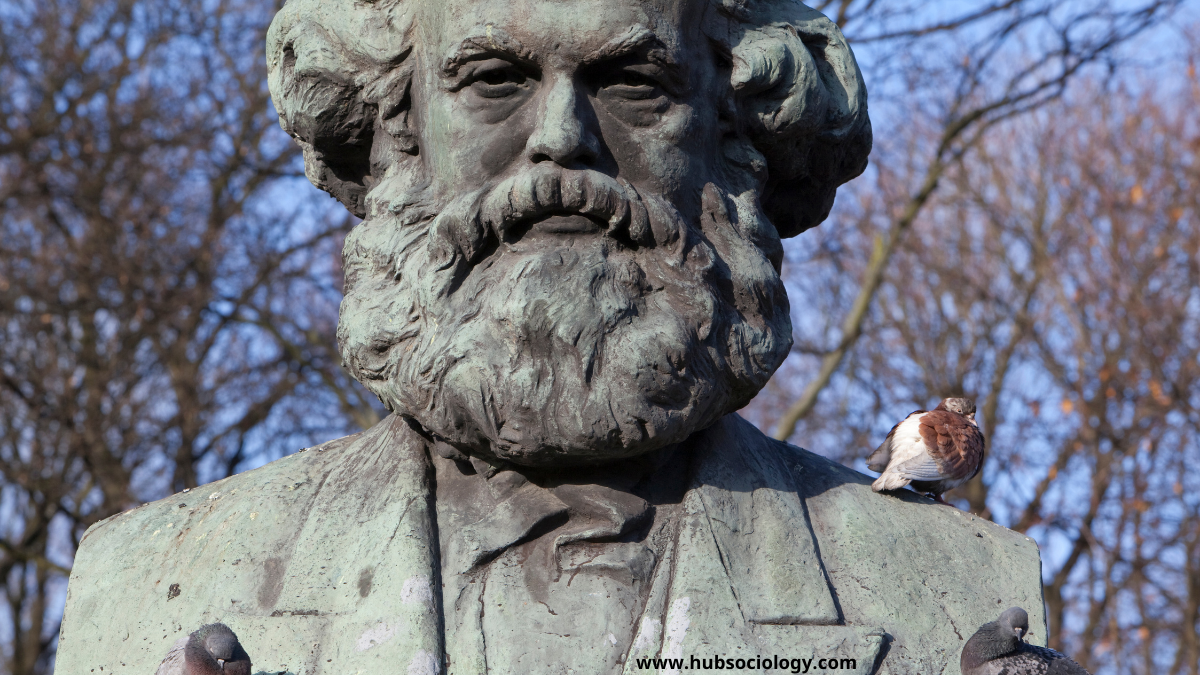Forms of Interaction and Individuality by Georg Simmel: A Sociological Exploration
Introduction on Forms of Interaction Georg Simmel, one of the founding figures of sociology, is often regarded as a pioneer of micro-sociological analysis. Unlike Karl Marx, Max Weber, or Emile Durkheim, who primarily emphasized large social structures, Simmel devoted his intellectual energy to understanding the everyday patterns of interaction and their impact on human individuality. … Read more









